Rates of autoimmune diseases increase after Covid-19 pandemic
After the Covid-19 pandemic, the risk of autoimmune diseases tends to increase significantly.
This is the opinion of Associate Professor, Dr. Pham Van Tran - Head of the Department of Biochemistry, Military Hospital 103, at the Scientific Conference on Biochemistry, topic "Application of artificial intelligence in medical testing and updating new biochemical knowledge", taking place on June 5 at Military Hospital 103.
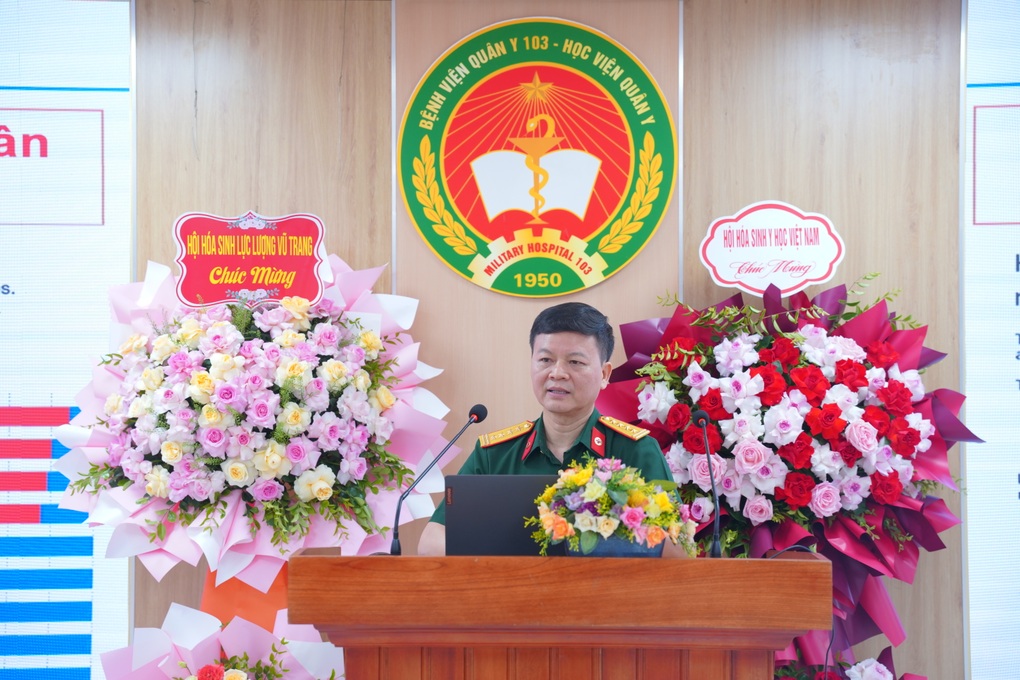
Associate Professor, Dr. Pham Van Tran speaking at the Conference (Photo: Quang Dung)
According to him, autoimmune diseases can attack many organs in the body, from the thyroid, liver, kidneys, digestive system, skin to nerves. Women are often at higher risk of autoimmune diseases than men.
In addition to genetic factors, the disease is also affected by the environment, viral infections, stress and drugs. During the Covid-19 pandemic, the incidence of autoimmune diseases tends to increase, possibly because the SARS-CoV-2 virus triggers cross-immune reactions, thereby generating autoantibodies.
Because autoimmune diseases often progress silently, have diverse manifestations and are easily confused with other diseases, early recognition of suspicious signs is very important.
According to Associate Professor Tran, there are some typical clinical situations to note.
"The patient has symptoms in many organs at the same time, such as a rash on the face, joint pain, and prolonged fatigue. Another sign is a persistent fever of unknown origin, after excluding diseases such as infection or cancer.
In addition, patients with a personal or family history of autoimmune diseases such as Hashimoto's, Basedow's, lupus... are also considered a high-risk group," Associate Professor Tran analyzed.
In addition to clinical symptoms, if blood tests show signs of immune disorders such as eosinophilia, leukopenia, unexplained anemia, or prolonged increase in inflammatory markers (CRP, ESR) without a known cause, then autoimmune disease should be suspected.
AI applications effectively support testing work
Speaking at the conference, Associate Professor, Dr. Ta Ba Thang, Deputy Director of Military Hospital 103 emphasized the necessity and updating of applying artificial intelligence to testing activities at the hospital.

Associate Professor, Dr. Ta Ba Thang - Deputy Director of Military Hospital 103 gave a speech at the Conference (Photo: Quang Dung).
According to Associate Professor Thang, sharing experiences of leading doctors and experts to improve the process of diagnosis, monitoring and treatment of patients, especially in the application of techniques and technology in the medical examination and treatment process will bring the best benefits to patients.
Many presentations highlighted the role of technology, digital transformation, especially AI, in supporting testing in particular and improving the quality of medical examination and treatment in general.
Source: https://dantri.com.vn/suc-khoe/sau-covid-19-ty-le-mac-benh-tu-mien-tang-cao-20250605130926296.htm



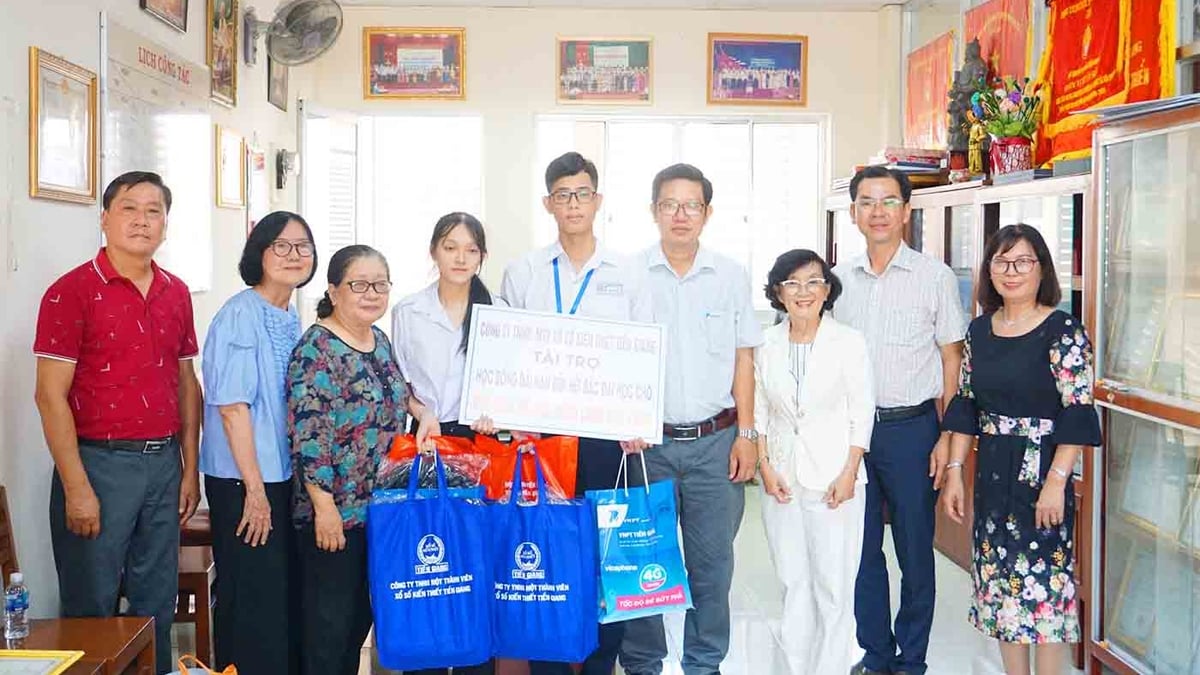
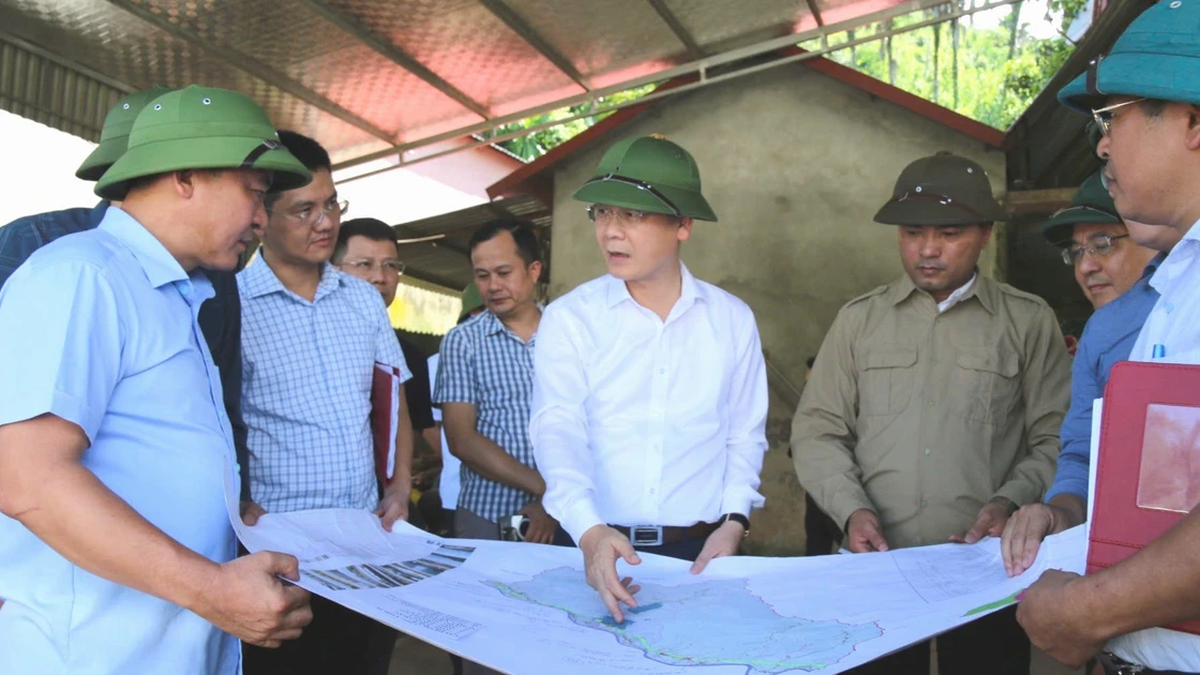

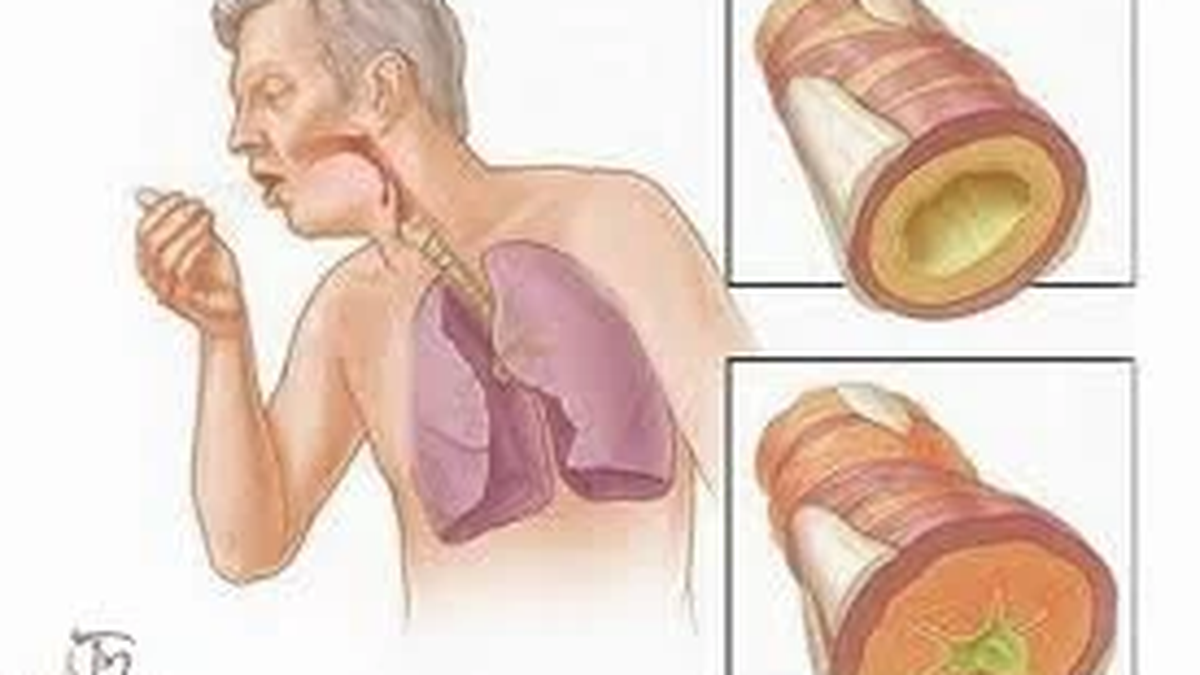






































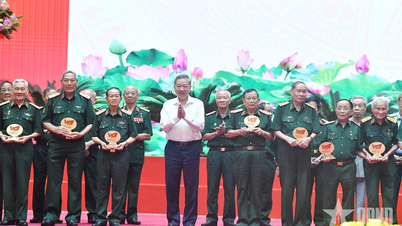




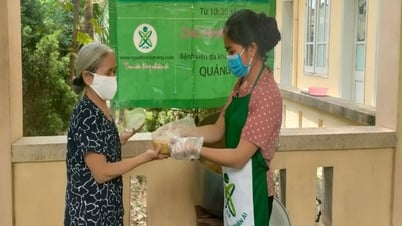


















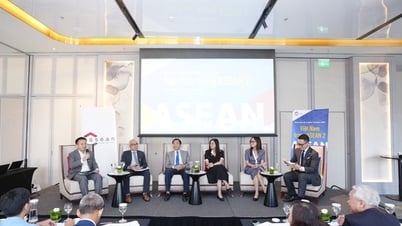














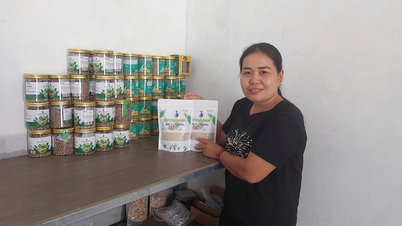














Comment (0)